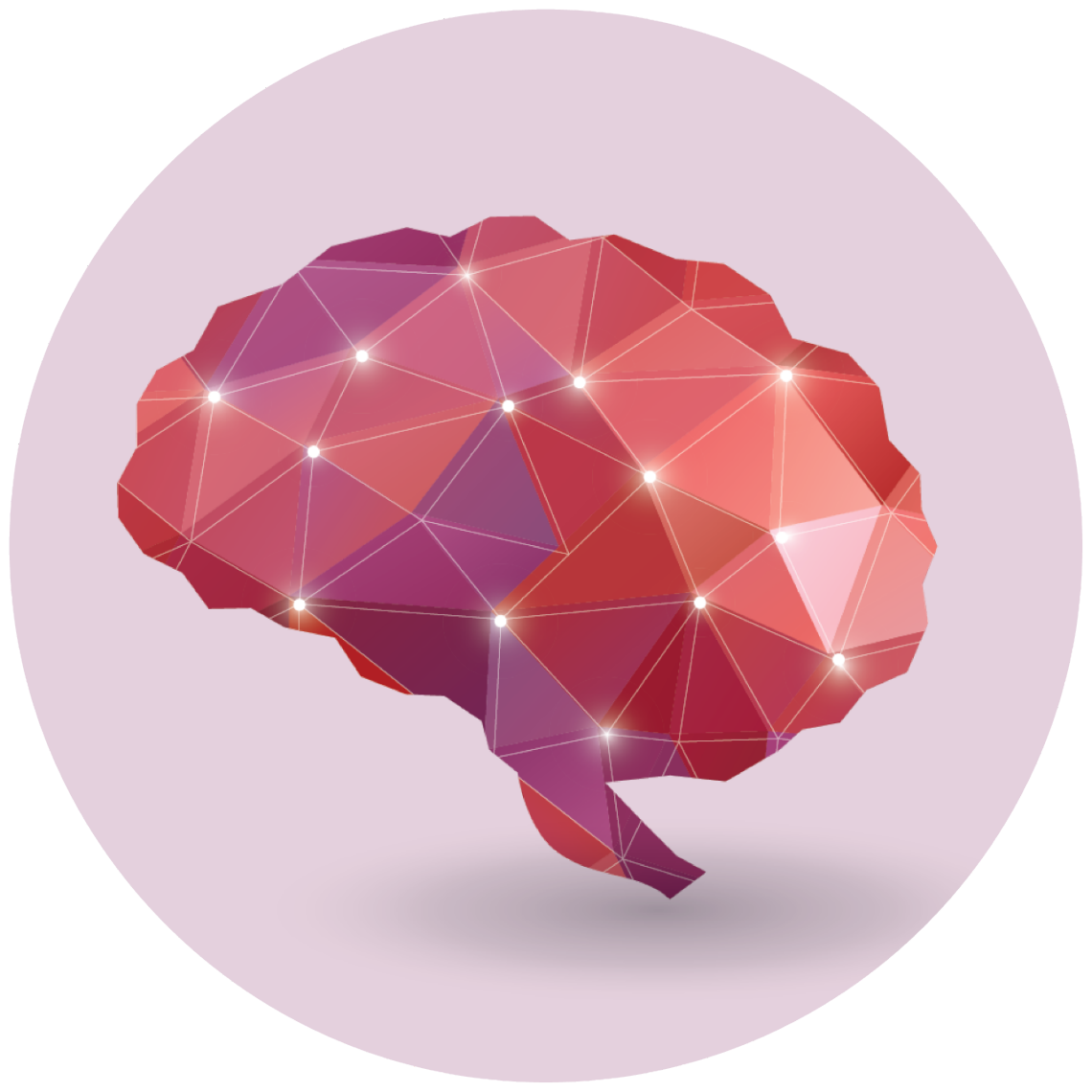AARP Hearing Center


You may have heard the hype around the drug Leqembi, approved in 2023 for people with early signs of Alzheimer’s disease, the most common cause of dementia. It was newsworthy because it was shown to, at least temporarily, put the brakes on the impending loss of memory and thinking skills. And it did so better than similar drugs.
But medications don’t have to be step one for people with dementia — in fact, they’re not always an option. Lifestyle changes, on the other hand, can be made by anyone. And some have been proven to support healthy brain aging, improve quality of life and prolong the ability of someone in early stages of dementia to accomplish everyday activities.
“You’re not necessarily slowing the neurodegenerative process itself,” says neuropsychiatrist Chiadi Onyike, M.D., director of the Frontotemporal Dementia and Young-Onset Dementias Clinic at Johns Hopkins Medicine. But you’re slowing the impact of that process on the ability to function, he says.
Health professionals generally recommend that people with dementia make a few simple tweaks to their daily routine and diet. These activities can be tailored to a person’s goals and interests and are typically advised as a first step. They can also be helpful for people taking medications. Extra bonus for making this effort a family affair: These changes may help anyone who is trying to live a healthier life and reduce their risk for dementia.
4 changes to make after a dementia diagnosis
Move more. Raising your heart rate with physical activity has plenty of brain benefits — and exercises don’t need to be super strenuous. “We’re not asking people to go into the gym and pump iron,” Onyike says. “We’re asking them to walk.” He encourages his patients to walk for 30 minutes every day. Other activities could include swimming, dancing or yoga.





































































More From AARP
The Six Pillars of Brain Health
Visit AARP® Staying Sharp® to learn more about the six pillars of brain health
What Are the Treatments for Alzheimer's Disease?
Medications help with some symptoms, and new options may slow early stages of this form of dementia5 Reasons We Don’t Have a Cure for Alzheimer’s Disease
It’s hard to cure a disease when its cause is still up for debateRecommended for You